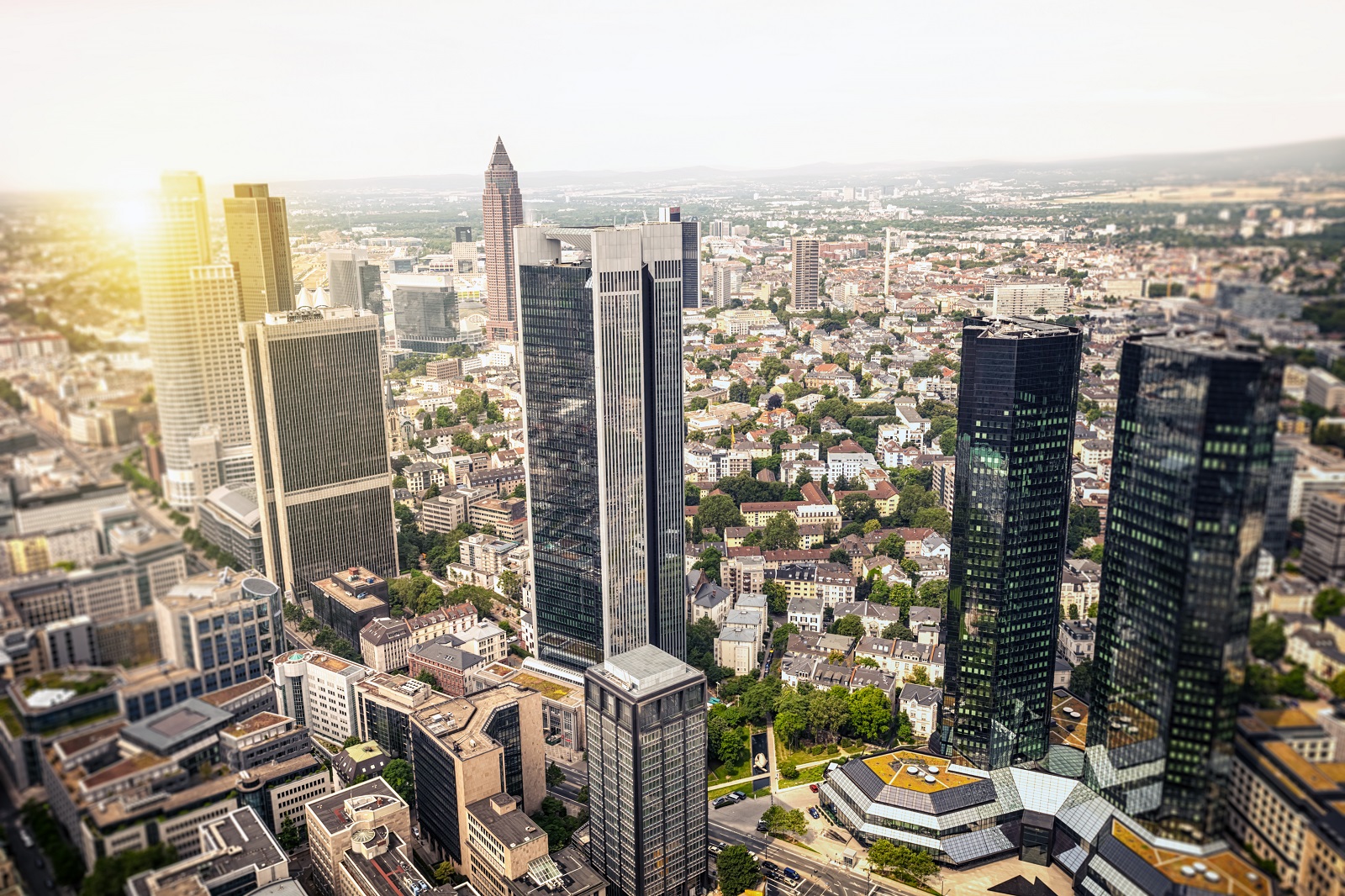_Germany: Europe’s number one destination for cross-border capital
Germany: Europe’s number one destination for cross-border capital


Intelligence
Cross-border investment in H1 2017 was the highest in Germany since 2008
Germany’s capital market has benefited from ongoing political uncertainty that is affecting the UK and the rest of Europe. In H1 2017, Germany was Europe’s largest investment market, attracting €32.0 billion in capital across all sectors, up 30% on last year’s volumes and surpassing the 10-year average by a momentous 75%. Nearly double the number of properties transacted in Germany than in the UK.
At a city level, five of the top ten markets were in Germany. Berlin came in second to London, attracting almost €5 billion in capital from a diverse range of investors from the US, France, UK and South Korea. The German markets of Frankfurt, Munich, the Ruhr Valley and Hamburg were also in the top ten. Interestingly, cross-border investment in Frankfurt, Dusseldorf, Stuttgart and Cologne was double that of the same period last year. US investors have been the biggest overseas buyers in Europe and have been particularly active in Germany, placing almost double the amount of capital into Germany than into the UK.

Among European occupier markets, Brexit-related impacts are beginning to materialise in Frankfurt. British lender Standard Chartered along with Japan’s Nomura, Mizuho, Daiwa Securities and Sumitomo Mitsui investment banks announced their decision to open new subsidiaries in Frankfurt, although it is uncertain at this stage as to how many jobs will be relocated or newly created. Morgan Stanley and Citigroup are also establishing their EU trading headquarters in Frankfurt. Elsewhere in Germany, the positive upward trend in the occupational market is continuing, with Berlin registering the strongest take-up of the German markets, and Munich witnessing exceptionally high take-up levels as well, pushing vacancy rates down even further.
Despite the political uncertainty in the run-up to the German federal election, leading economic indicators reached multi-year highs in Germany. Business confidence strengthened, with the Ifo-business climate index rising to the record high witnessed in 1991. This demonstrates that even against the backdrop of turbulence and uncertainty created by political events, as long as economic conditions are sound, Germany’s growth momentum is expected to stay strong. Therefore, the federal election is unlikely to have a seismic effect on Germany’s political and economic landscape. Germany will maintain its safe haven status and be one of the preferred advanced economies in which to invest.

Read more in our latest Knight Frank Germany Report H2 2017
Our blog content is provided for interest only. It may be produced spontaneously, without the reviewing and editing often used for more formal publications. It may not be understood by a reader as it was intended. Any views expressed may be the personal view of the writer and do not necessarily reflect the view of Knight Frank LLP. It may include or be based upon information from a variety of external sources which have not been verified by us.
You read our content at your own risk and cannot rely on it in any way. To the fullest extent permitted by law, we do not accept or assume responsibility to anyone for the content or for any opinion expressed and we will have no liability for any loss or damage resulting from any use of, reliance on or reference to the content.
© Knight Frank LLP 2016. Reproduction of our content in whole or in part is not allowed without prior written approval of Knight Frank LLP to the form and context within which it appears. Knight Frank LLP is a limited liability partnership registered in England with registered number OC305934. Our registered office is 55 Baker Street, London, W1U 8AN, where you may look at a list of members’ names. Please see our [terms and conditions] and [privacy policy] for more details.
Explore by Category